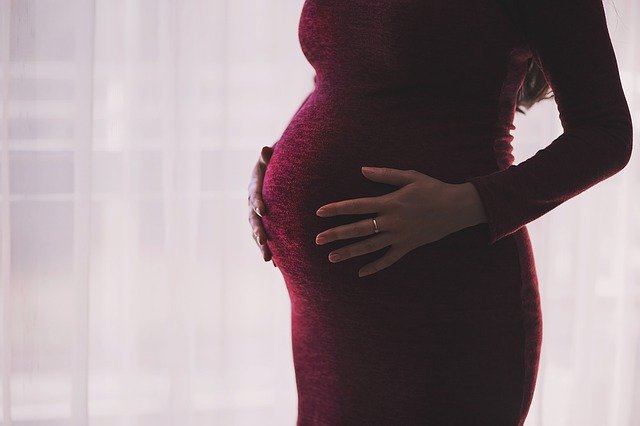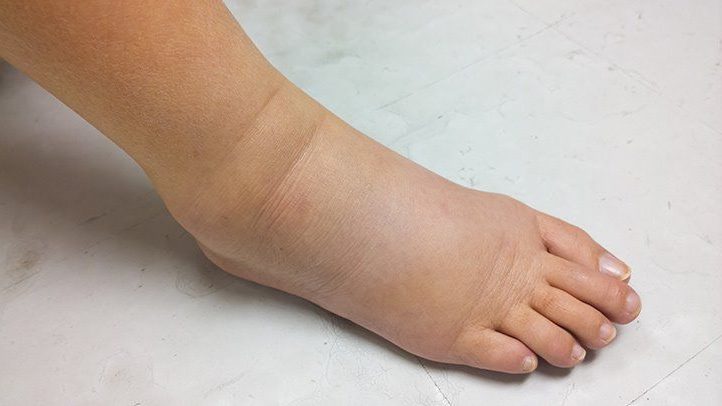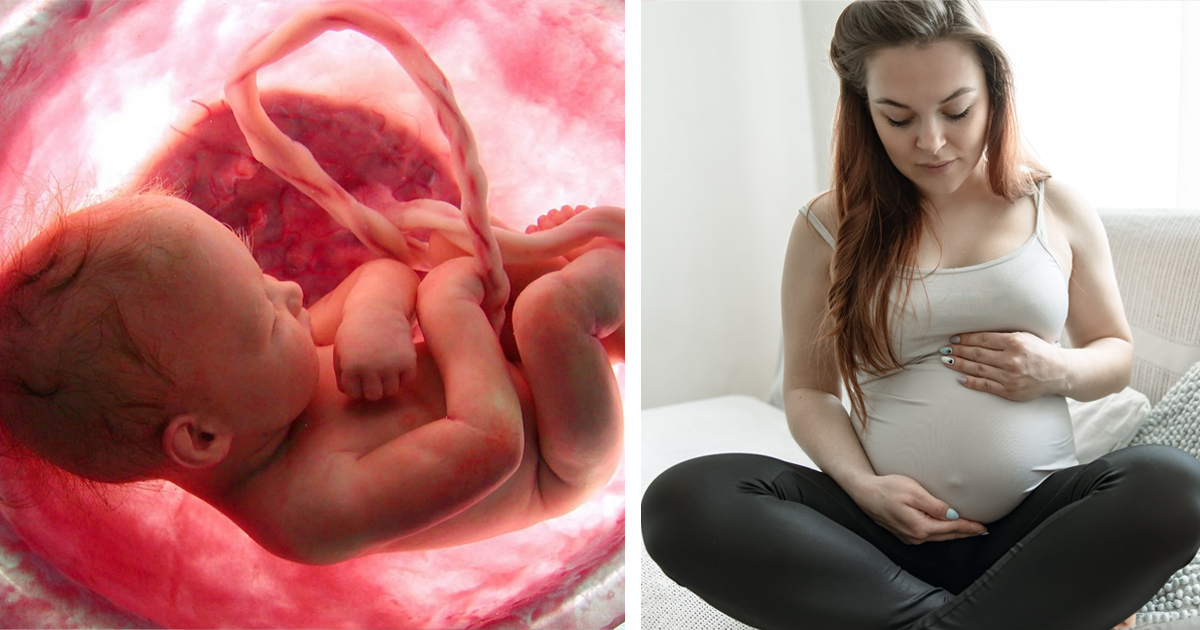The third trimester of pregnancy, spanning from weeks 28 to 40, is a crucial period marked by rapid fetal growth and preparation for childbirth. While excitement and anticipation build, this stage also demands vigilant monitoring for any warning signs that could indicate potential complications. Understanding these signs can help expectant mothers seek timely medical attention and ensure a safe delivery. Here are some key warning signs to watch for in your third trimester:
1. Decreased Fetal Movement

Fetal movement is an important indicator of your baby’s well-being. Typically, you should feel your baby move several times a day. A sudden decrease or change in the pattern of movement could signal distress. If you notice a significant reduction in movement, try drinking something cold or eating a small snack, then lie on your side and monitor the baby’s movements. If there are fewer than ten movements in two hours, contact your healthcare provider immediately.
2. Severe Swelling

While mild swelling of the feet and ankles is common during pregnancy, sudden or severe swelling of the hands, face, or legs can be a warning sign of preeclampsia. Preeclampsia is a serious condition characterized by high blood pressure and protein in the urine, which can pose risks to both mother and baby. If you experience severe swelling, especially if accompanied by other symptoms like headaches or vision changes, seek medical attention promptly.
3. Persistent Headaches

Occasional headaches can occur during pregnancy due to hormonal changes and increased blood volume. However, persistent or severe headaches that do not respond to usual remedies like rest or hydration may indicate a more serious issue, such as preeclampsia. Coupled with other symptoms like high blood pressure, these headaches require immediate evaluation by a healthcare professional.
4. Blurred Vision or Seeing Spots
Visual disturbances, such as blurred vision, seeing spots, or flashing lights, can also be symptoms of preeclampsia. These changes can indicate increased blood pressure affecting the brain and eyes. Any sudden changes in vision should be reported to your healthcare provider without delay.
5. Shortness of Breath or Chest Pain
While some breathlessness is expected as the growing uterus presses against the diaphragm, sudden or severe shortness of breath, chest pain, or a rapid heartbeat could signal a more serious issue such as a blood clot or heart problem. These symptoms should be treated as medical emergencies.
6. Vag1nal Bleeding
Any vag1nal bleeding during the third trimester warrants immediate medical attention. While light spotting can sometimes be normal, especially after s3x or a cervical exam, heavy bleeding or bleeding accompanied by pain can indicate placental issues such as placental abruption or placenta previa, both of which require prompt intervention.
7. Severe Abdominal Pain
Severe or persistent abdominal pain is not typical in the third trimester and can indicate serious conditions like placental abruption, preterm labor, or a uterine rupture. If you experience intense pain that doesn’t subside, contact your healthcare provider immediately.
8. Preterm Labor Symptoms
Signs of preterm labor include regular contractions before 37 weeks, lower back pain, pelvic pressure, and a change in vag1nal discharge (such as a watery, mucus-like, or bloody discharge). If you suspect you are in preterm labor, contact your healthcare provider right away to discuss your symptoms and potentially receive treatment to delay labor.
9. Leakage of Fluid
A sudden gush or steady trickle of fluid from the vag1na may indicate that your water has broken. This is a sign that labor could be starting, even if you are not experiencing contractions. It’s important to contact your healthcare provider to confirm and receive guidance on the next steps.
10. High Fever

A fever over 100.4°F (38°C) during pregnancy could indicate an infection that requires medical attention. Infections can pose risks to both mother and baby, so it’s important to seek medical advice if you develop a high fever.
11. Itching, Particularly on Hands and Feet
Severe itching, especially on the hands and feet, can be a sign of cholestasis of pregnancy, a liver condition that affects the flow of bile. Cholestasis can increase the risk of preterm birth and fetal distress. If you experience intense itching, notify your healthcare provider for appropriate testing and management.
12. Unusual or Severe Leg Pain
Leg cramps are common in pregnancy, but severe or persistent leg pain, particularly if accompanied by redness or swelling, could indicate a deep vein thrombosis (DVT), a type of blood clot. DVT is a serious condition that requires immediate medical attention to prevent complications such as pulmonary embolism.
Managing and Responding to Warning Signs
- Regular Check-ups: Attend all scheduled prenatal appointments. Regular monitoring by your healthcare provider can help detect and manage potential issues early.
- Know Your Body: Pay attention to your body and any changes you experience. Trust your instincts and report any unusual symptoms to your healthcare provider.
- Stay Informed: Educate yourself about the signs and symptoms of common pregnancy complications. Knowledge empowers you to take timely action if needed.
- Healthy Lifestyle: Maintain a healthy lifestyle with a balanced diet, regular exercise, and adequate hydration. Avoid smoking, alcohol, and drugs, and follow your healthcare provider’s advice on medications and supplements.
- Emergency Contacts: Keep a list of emergency contacts, including your healthcare provider’s number, nearby hospitals, and a trusted friend or family member who can assist you if needed.
Conclusion
The third trimester is a critical phase in pregnancy, requiring heightened awareness and vigilance. By recognizing and promptly addressing warning signs, you can help ensure the health and safety of both you and your baby. Regular communication with your healthcare provider and staying informed about potential complications can make a significant difference in managing your pregnancy effectively and preparing for a healthy delivery.

